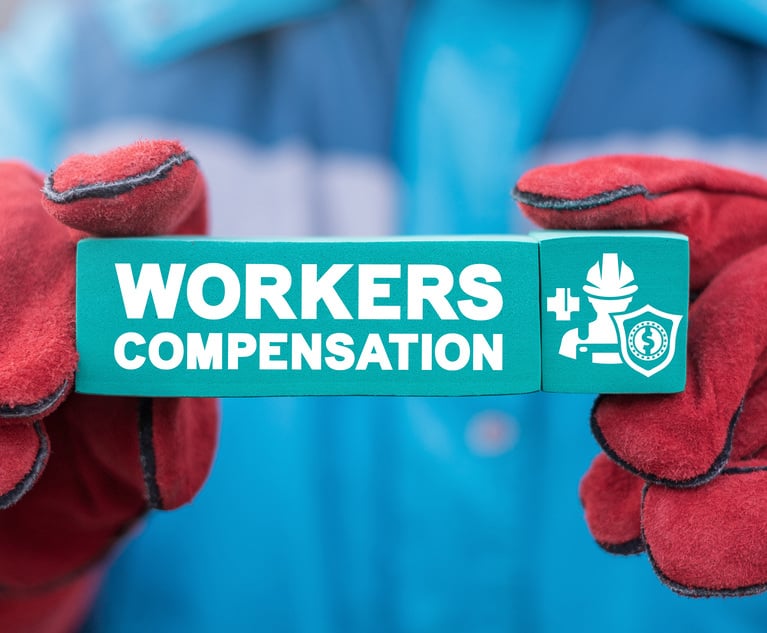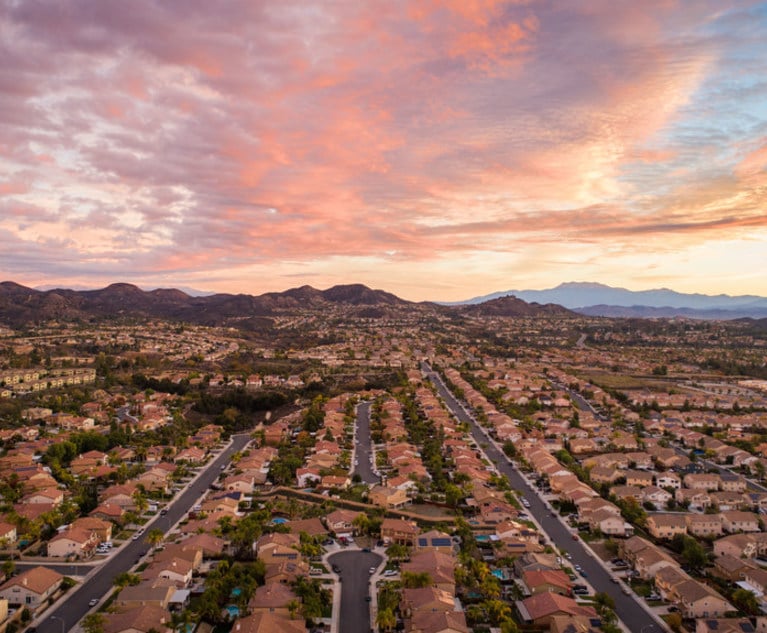 Burns & Wilcox Underwriting Director Heather Schaaf writes that every decision education leaders make amid the pandemic — from how to protect staff and students to the management of their physical infrastructures — could leave them open to scrutiny, criticism, and ultimately lawsuits that trigger various types of coverage. (Shutterstock)
Burns & Wilcox Underwriting Director Heather Schaaf writes that every decision education leaders make amid the pandemic — from how to protect staff and students to the management of their physical infrastructures — could leave them open to scrutiny, criticism, and ultimately lawsuits that trigger various types of coverage. (Shutterstock)
As the clock ran down on this year's summer vacation, my freshly-minted middle schooler and I felt excited for her to get back inside a classroom.
I wanted her to settle into a new school as quickly as possible by meeting the faculty face-to-face, and hopefully avoid the haphazard, often lackadaisical learning that happened in the spring after educators were hustled, without notice or planning, into a remote-learning environment.
Our school and district agonized over a complex hybrid-learning model for the new school year in which kids spend two days a week in class, masked and distanced, and the rest of the week online. It's a good plan.
But our enthusiasm waned as the first day of school inched nearer and several locations nationwide began to see fresh coronavirus infection flare-ups. Families around us started to pull out of the hybrid-learning option, and my daughter worried that she might be the only "hybrid kid" in her friend group. (Let's face it: There really is nothing more important to her at this age than being with pals.) It felt like there were no good options.
On the one hand, we craved the socio-emotional connection that only in-person learning can provide. On the other hand, no parent would willingly choose to put loved ones in danger by welcoming the coronavirus into our home via the fresh public contact points at school.
Our family dilemma was a microcosm of what risk managers and other insurance pros have been navigating as businesses and schools reopen after coronavirus lockdowns and quarantines. Burns & Wilcox Underwriting Director Heather Schaaf writes that every decision education leaders make amid the pandemic — from how to protect staff and students to the management of their physical infrastructures — could leave them open to scrutiny, criticism, and ultimately lawsuits that trigger various types of coverage.
"Now is not the time to pull back on insurance coverage," she writes. "We know more lawsuits are coming."
More lawsuits? The economic pain bred by the pandemic has already launched hundreds of lawsuits against insurers over denied business-interruption claims. My colleague, Hannah E. Smith from the Insurance Coverage Law Center, has been tracking this litigation and does an expert job of summarizing the trends in this month's NU Property & Casualty magazine feature, "A Litany of Lawsuits."
I also can't help but admire leaders in the surplus insurance market, who, despite financial and regulatory headwinds, are looking for silver linings in the pandemic and strategizing around how insureds can be better prepared for the next unforeseen catastrophe. Such conversations are sure to punctuate this month's virtual installment of the Annual Marketplace hosted by the Wholesale & Specialty Insurance Association, an organization with whom our news team is thrilled to partner again this year on event communications. Keep an eye on our website, PropertyCasualty360.com, for our Annual Marketplace content hub, where we'll share news and updates from that event along with more specifics about what's happening in the world of surplus lines insurance.
Not long ago, bullying was the chief safety concern related to sending kids to school. Then, parents had to worry about bullies or their victims bringing guns to school. Now, our decisions about how to best educate kids could impact more than just our own families; they could ripple throughout our neighborhoods, cities, states and nation.
That's a lot of pressure when the coronavirus creates few good options.
And that's what's top of mind for me this month.
Read more columns by Elana Ashanti Jefferson:
© 2024 ALM Global, LLC, All Rights Reserved. Request academic re-use from www.copyright.com. All other uses, submit a request to [email protected]. For more information visit Asset & Logo Licensing.








